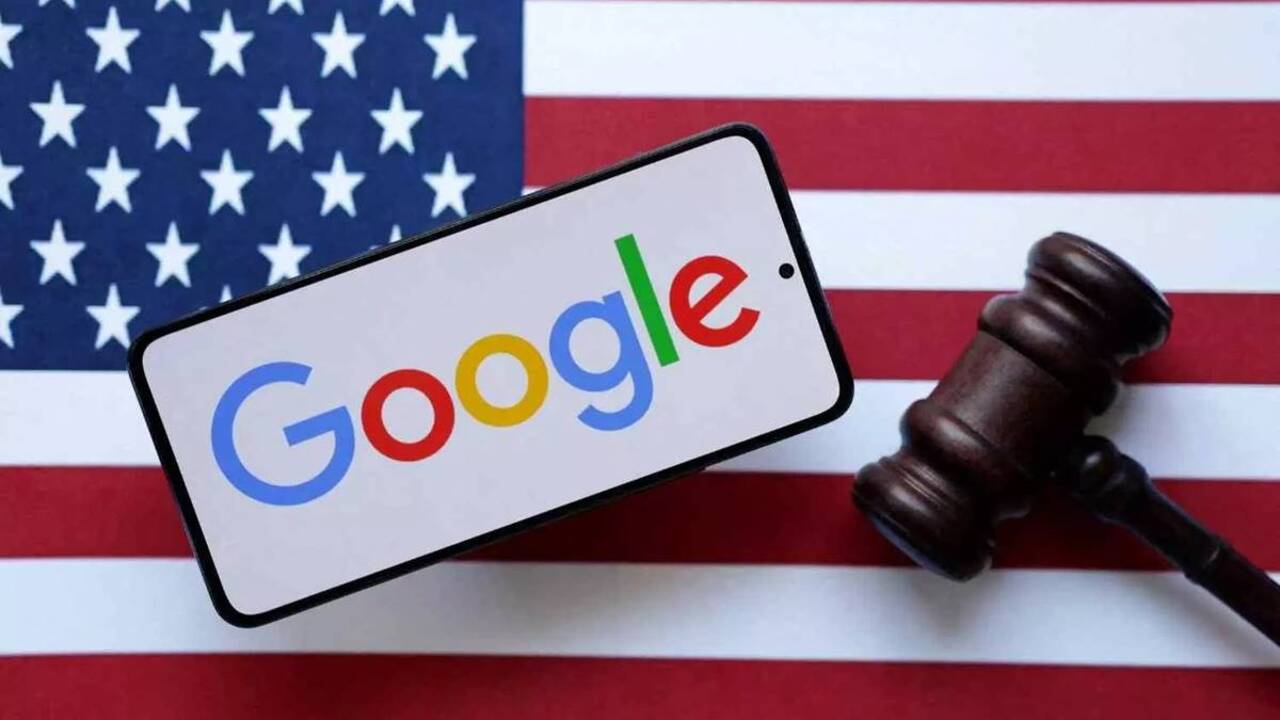The tension between U.S. presidents and central bankers is nothing new—but Donald Trump’s ongoing clash with Federal Reserve Chairman Jerome Powell is taking the conflict to new heights. At the heart of the issue lies the question: Can Trump fire the man he appointed in 2018?
Trump’s Economic Motive
As with many populist leaders, Trump wants interest rates lowered. His reasoning is simple—high interest rates slow economic activity, reduce borrowing, and, in turn, decrease employment. For a president seeking re-election or trying to maintain popular support, this is a dangerous equation. Lower rates would stimulate the economy and potentially help Trump fulfill his promises of prosperity.
However, the Fed’s decisions are not based on political whims. Following the COVID-19 pandemic, the central bank raised interest rates to cool down an overheating economy and control inflation. The goal was to reduce demand—especially for housing and cars—and bring prices under control.
But with fears of a looming recession, voiced by institutions like Goldman Sachs, the Fed has become cautious. Unlike the European Central Bank, which has already started easing rates, Powell and his team are holding back, waiting for more economic clarity.
Powell Pushes Back
Despite Trump’s threats—he recently said, “If I want him gone, he’s gone”—Jerome Powell has made it clear that he won’t resign under pressure. He emphasizes the importance of the Fed’s independence, a principle long respected in American governance.
Legally, it’s not easy for a president to fire a Fed Chair just over a policy disagreement. U.S. law and longstanding tradition require legitimate cause for dismissal. Should Trump attempt to remove Powell, it would likely trigger a constitutional legal battle. Powell himself has said he would sue and finance his own defense if necessary.
The Power of PR
As journalist Oray Eğin points out, Trump’s strength lies not in delivering economic miracles but in controlling the narrative. Despite rising prices and unfulfilled promises, Trump continues to enjoy strong support among his base. He appears regularly on TV, speaks in plain language, and creates a perception that things are going well—even when they’re not.
Eğin describes this as a masterclass in political PR: “Trump is selling a version of America that doesn’t exist—but people are still buying it.”
Can the Fed Remain Independent?
The bigger issue is not just a personality clash—it’s about whether institutions like the Federal Reserve can remain independent under intense political pressure. Powell’s current term ends in 2026. If Trump returns to office, he could appoint someone more aligned with his economic philosophy, fundamentally altering the direction of U.S. monetary policy.
For now, Powell remains in place. But this ongoing battle signals a broader shift in American governance—where even the most respected, apolitical institutions are becoming targets of partisan struggle.
- Tension Between Donald Trump and Elon Musk: Is a Major Crisis Beginning in the American System? - June 6, 2025
- Harvard Faces Federal Funding Freeze Over Alleged “Disrespect to the Nation,” Says McMahon - May 6, 2025
- Tariffs, Troubles, and Transition: A Tumultuous Week for the U.S. and NYC Economy - May 6, 2025









